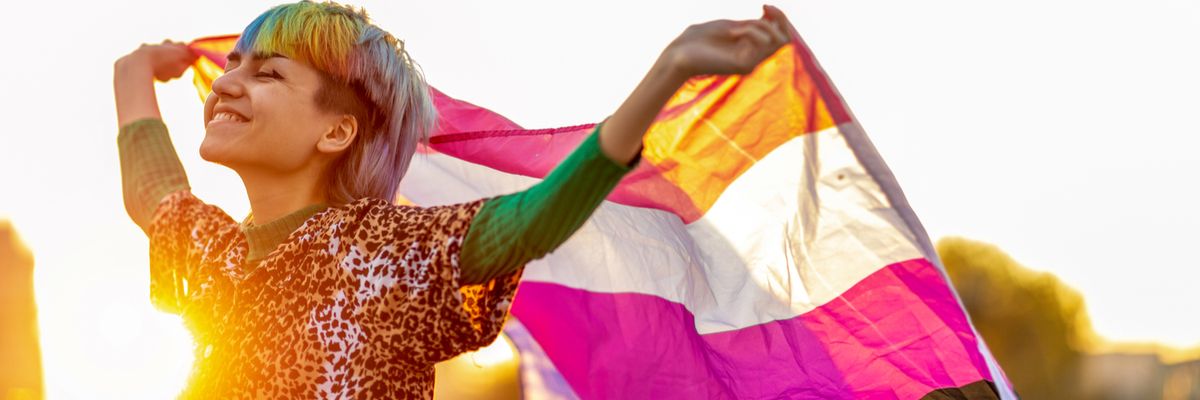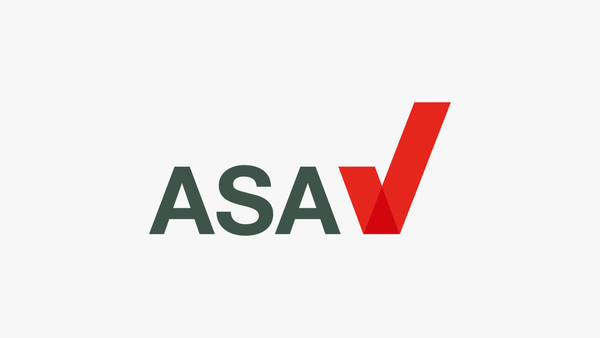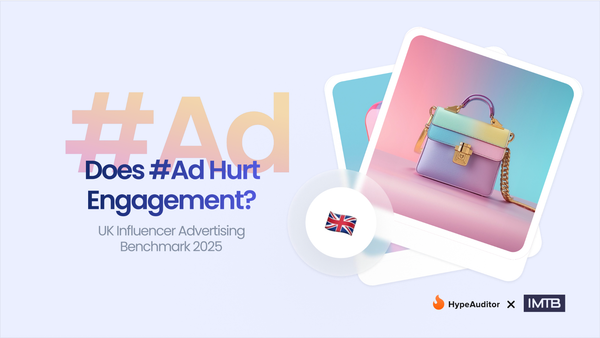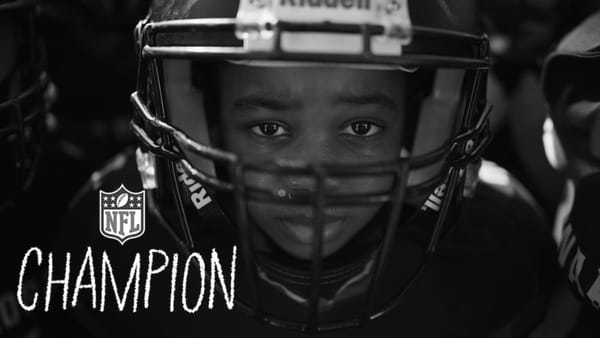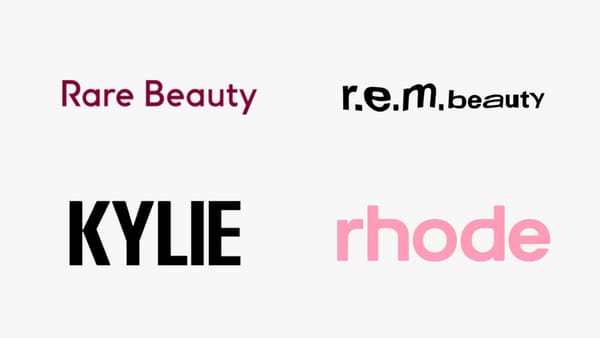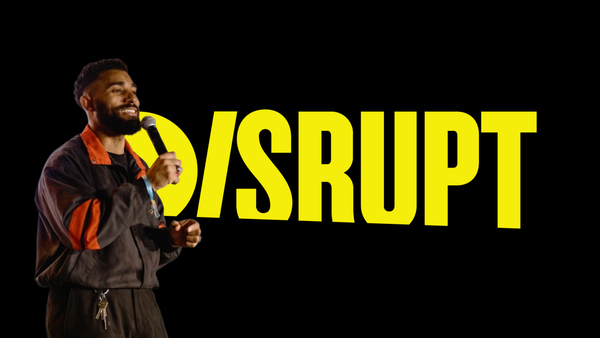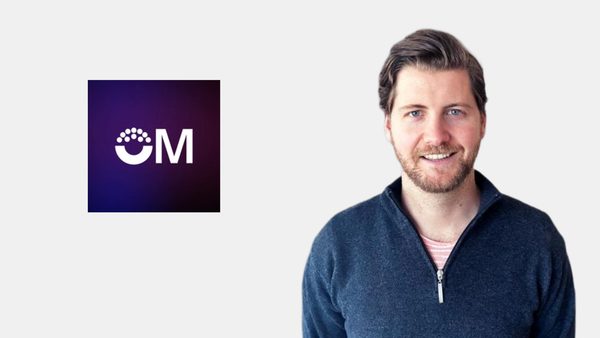Stock image company, Getty Images, initially launched Project #ShowUs, in collaboration with Dove and Girlgaze, in order to put an end to the narrow definition of beauty consistently portrayed in advertising. They aimed to set a new standard for the authentic, diverse and inclusive representation of women and non-binary individuals across the world.
The images for the project were shot entirely by women, female-identifying, and non-binary photographers and videographers. The individuals featured within the collection of images personally articulated their own search descriptions and tags for their images, allowing them to define how they want to be described – in their own language, on their own terms, ensuring they feel realistically represented.
A positive impact
It is important to note the successes of the project so far. Over 200 female-identifying and non-binary photographers in 41 countries have contributed to the image library which has amassed over 42,000 downloads by over 4,900 companies globally.
When the project launched, Getty Images saw an increase in searches such as ‘real woman’ ‘natural beauty’ and ‘body positive’. Searches for these terms all increased by over 100%. New search terms were also welcomed and used, which included ‘unretouched’ and ‘authentic woman’.
The launch of the project two years ago gained the attention of over 85,000 women and non-binary individuals who presented interest in taking part in Project #ShowUs. Nearly 4,000 of those signed up to be hand-raisers for the campaign and feature in the library.
Creating opportunities
As an extension of the project, the Getty Images #ShowUs Grant was launched in 2020 to provide financial and mentoring support to women, female-identifying, and non-binary commercial creatives from around the world who are using their skills to create inclusive, authentic visual stories.
The most recent grant awarded two $5,000 grants to emerging artists who were asked to submit against the brief of creating inclusive visual stories on the theme ‘Women Relationships’. The winners, Stephanie Bell, a media producer, filmmaker and writer, and Nwando Ebeledike, a London-based Nigerian documentary photographer, have revealed that the grant is opening again.
Getty Images, Dove, and Girlgaze are calling again on emerging artists to apply for the next grant, which will award two more grants of $5,000 against the brief of individuals who submit against the brief of representing women and non-binary leadership in all its forms. Applications for the grant close at 11.59 pm EST on the 29th of April.
Previous winner, Nwando Ebeledike, said: “This grant has given me renewed self-belief in the work, in my visual eyes, in the way I see the world, in the stories I want to tell and how I want to tell them and in the ways these stories are interpreted by people who see them. It has reminded me that I am still a photographer documenting important stories even when the world slows down.”
Still a way to go for agencies and brands
Despite the enthusiasm and opportunities surrounding the project, a survey carried out for Getty Images Visual GPS, presented that only 9% of UK women said they are well represented in advertising and only 7% consider themselves well represented in communications from companies they do business.
Additionally, of those women who reported feeling discriminated against, 45% of women said it is because of their body, shape or size, and 36% reported discrimination because of the way they look, dress, or present themselves.
Dr. Rebecca Swift, Global Head of Creative Insights at Getty Images, said: “At Getty Images, we understand the power images can have in shaping and breaking stereotypes and inspiring change so seeing the results of #ShowUs just two years in is incredibly rewarding. Yet women around the world are telling us they still don’t see themselves represented in visual communications.
“Everyone responsible for choosing or commissioning content needs to dig deeper. For our part, the #ShowUs Grant is one of the ways we meaningfully support the promotion of gender diversity within creative photography and elevate the work and the voices of female-identifying and non-binary photographers.”
Sophie Van Ettinger, Global Vice President at Dove also added that as an actionist brand, Dove will continue to challenge the industry and ask media and advertisers to consider the images they’re using in regards to the proven impact they have on how women feel.
Campaigns such as Project #ShowUs create a space within the industry for those who are constantly striving to do better in terms of inclusion and intersectionality. Although we still see reports of underrepresentation, steps such as this are creating a new and positive norm.


